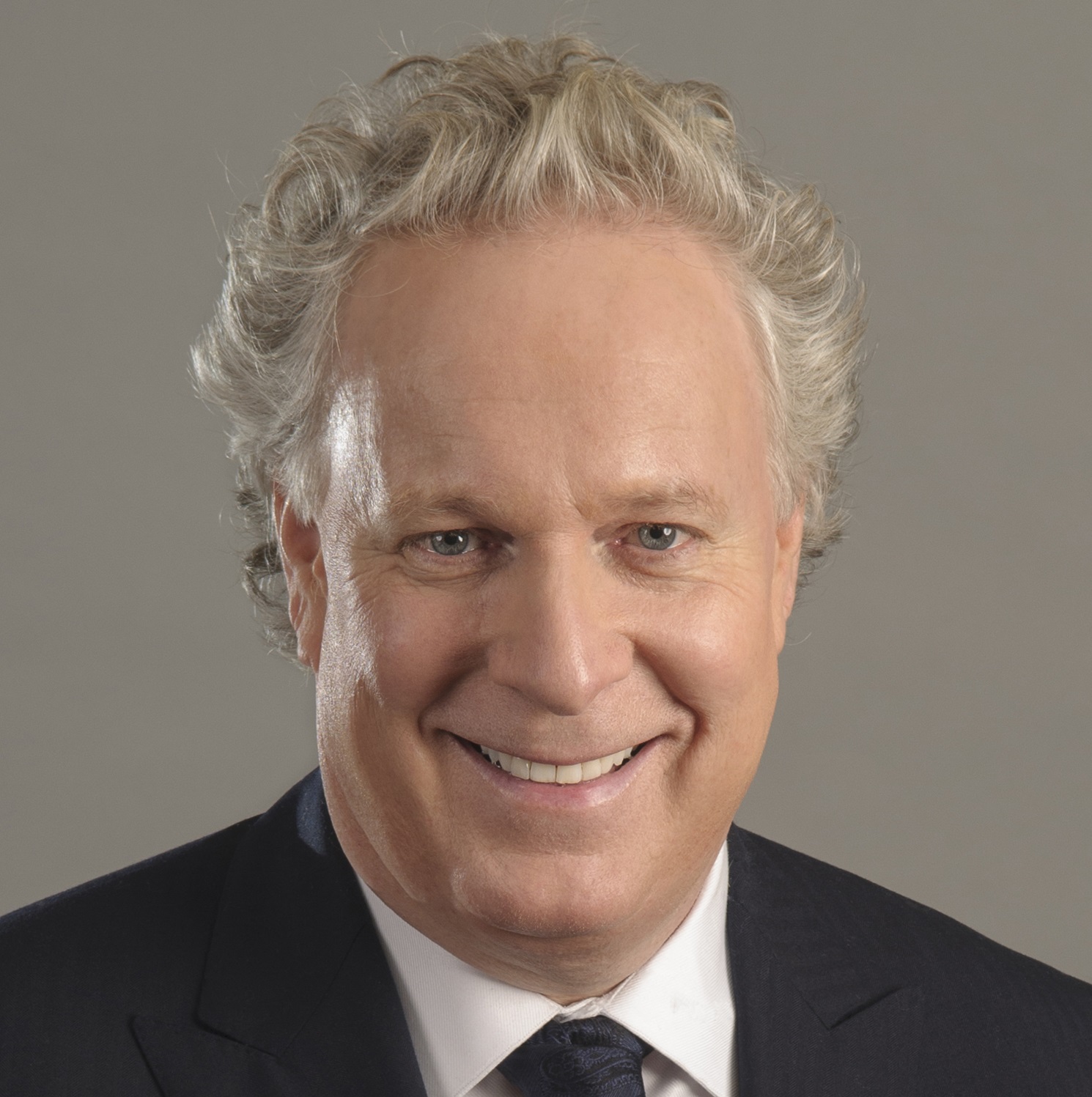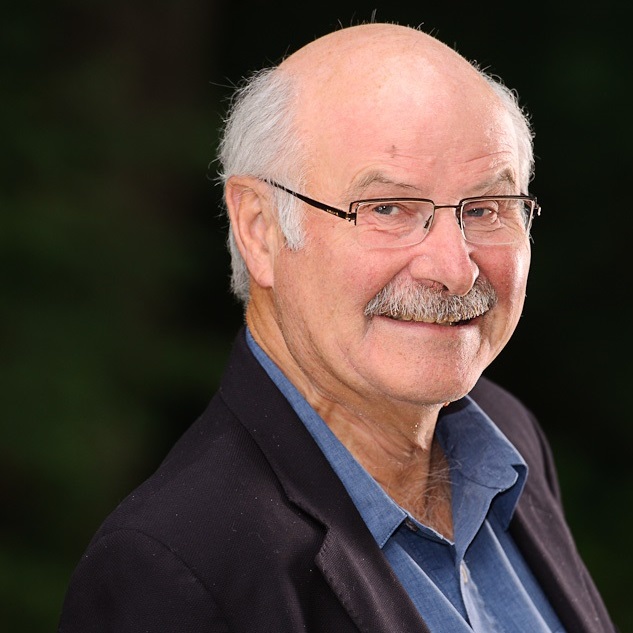High-powered commission aims to align economic and environmental aspirations to help support Canada’s continuing prosperity
- Canada’s Ecofiscal Commission will strive for fiscal policy reforms needed to support a thriving economy underpinned by clean air, land and water.
- First report highlights success of ecofiscal policies already implemented in Canada and globally.
Toronto, November 4, 2014 – A group of Canada’s leading economists, backed by an advisory board that includes high-profile leaders from business, the environment and across the political spectrum, today unveiled a bold new initiative to address the country’s economic and environmental challenges.
“Canada’s Ecofiscal Commission is a unique effort to move the conversation on reforming fiscal policy that impacts the environment beyond the academic into the realm of practical policy application particularly for provinces and municipalities,” says its chair, Chris Ragan, an associate professor of economics at McGill University in Montreal and former Special Advisor to the Governor of the Bank of Canada.
“We see this as one of the most important policy opportunities of this generation – a modern fiscal system designed to help us achieve the two things we need most: economic and environmental health,” says Ragan.
In its first report released today, the Commission highlights how fiscal policy reform in Canada and globally has benefitted both the economy and the environment in jurisdictions where it has been implemented. The report also presents an overview of the issues the Commission will be exploring as it moves forward. (See separate executive summary.)
The Commission comprises 12 prominent economists from across Canada’s regions and 14 advisors including former political leaders including Preston Manning, Jean Charest, Mike Harcourt, and Bob Rae as well as community leaders such as Sheila Watt-Cloutier and leaders from business including Steve Williams, President and CEO, Suncor Energy, Dominic Barton, Global Managing Director, McKinsey & Co, and Jack Mintz, one of Canada’s leading business tax experts. The advisors will help inform the Commission’s work with insights from their broad and diverse perspectives. They will also help create space for pragmatic, trans-partisan consideration of its recommendations across the country.
“We are bringing a new, trans-partisan perspective to the critical challenge of aligning our economic and environmental goals,” adds Ragan.
Over the next five years the Commission will publish and promote discussion of research and recommendations grounded in Canada’s unique and regionally diverse economic and policy context. It will focus on issues most relevant to Canadian provinces and cities including those affecting fresh water, air quality, environmental disasters, greenhouse gas emissions, transportation and road congestion.
“Our first report shows that smart fiscal policies can be used to significantly reduce greenhouse gas emissions, pollution and waste, while stimulating innovation and growth. We are calling these ecofiscal policies a new word to facilitate a new conversation about solutions guided by both economic and environmental objectives,” says Ragan
“There is growing global awareness that our economies and the environment are inextricably linked; this basic premise defines the new “business as usual” of the 21st century,” Ragan explains. “Good environmental policy is good economic policy. That’s what Canada’s Ecofiscal Commission is setting out to achieve.”
“The Commission aims to serve policy-makers particularly at provincial and municipal levels, which have jurisdiction over many of the issues the group is examining. The commissioners will analyze and recommend options to reduce growth-impeding taxes, promote innovation and improve Canada’s global competitiveness in a way that should be acceptable to all Canadians”, he says.
The Commission is funded by a number of private Canadian family foundations and will receive some funding from Canadian corporations.
Quotes from Advisory Board members:
I joined the Commission because our future prosperity depends on our ability to grow in the context of a healthy environment. We need smarter fiscal policies to get there.
Smart policy means using revenue from pollution fees to reduce taxes in a way that encourages job creation and gives money back to families. Our aim is to show Canadians across the country the economic and environmental benefits of this approach.
Our generation’s decisions will profoundly shape the economic and environmental opportunities of future generations. This is particularly true in the North, where our livelihoods and cultural ways of life are already being significantly impacted by climate change. Getting the right, smart policies in place now can, and should, be our legacy.
This isn’t about robbing Peter to pay Paul; it must not be. It’s about showing governments that sensible policy tools can reduce pollution and greenhouse gas emissions while helping the economy—and also be consistent with provincial priorities.
If we do it right, these ecofiscal policies will protect the most vulnerable Canadians. This is about being smart in our policy choices, but it is also about being fair.
We need to be thinking about how to stay competitive not just in five or ten years, but also in twenty and fifty years. The Commission is focusing on solutions that will make Canadian industries more competitive in a rapidly changing global economy.
VIDEO LINK: The media conference will be broadcast live on a video link that can be accessed at the following URL meetview.com/ecofiscal. Questions by media representatives viewing the video can be submitted by e-mail to jkwcommunications@gmail.com
To read the Commission’s first report, visit: www.ecofiscal.ca






